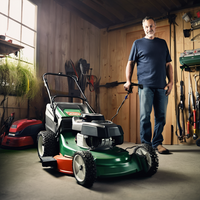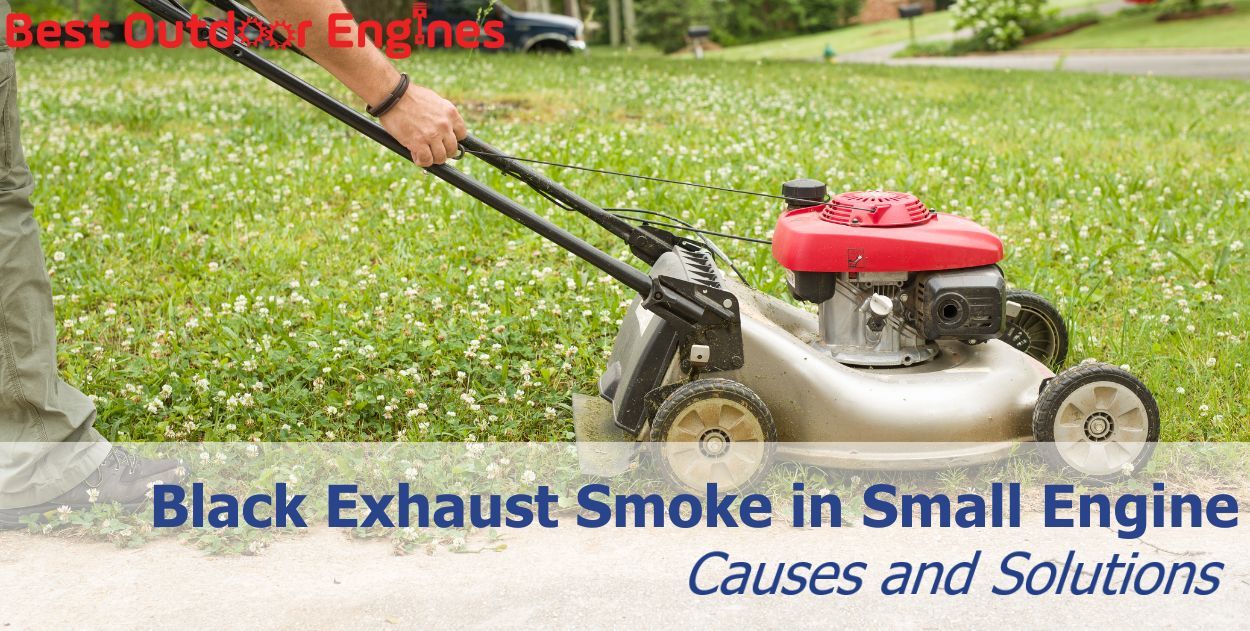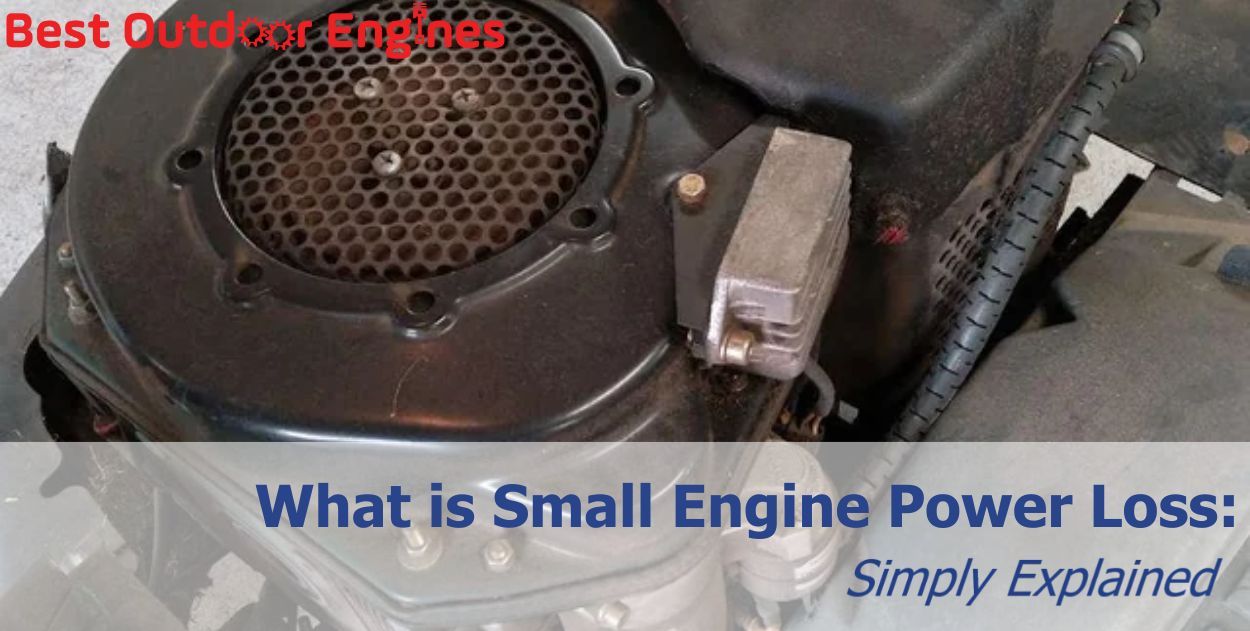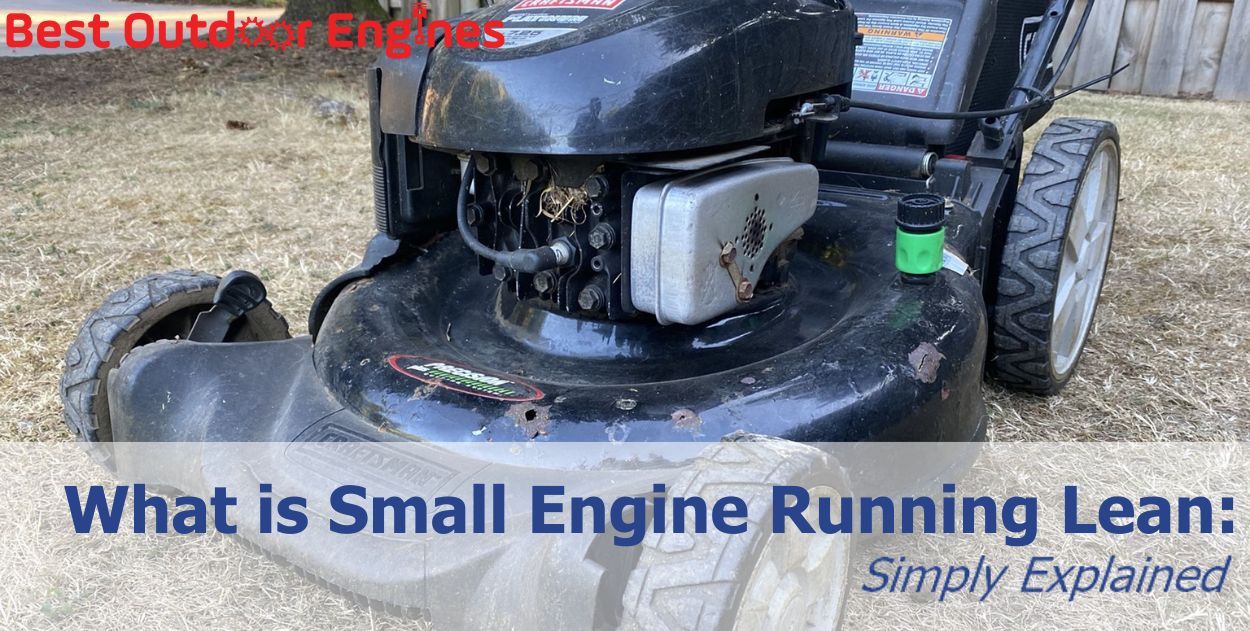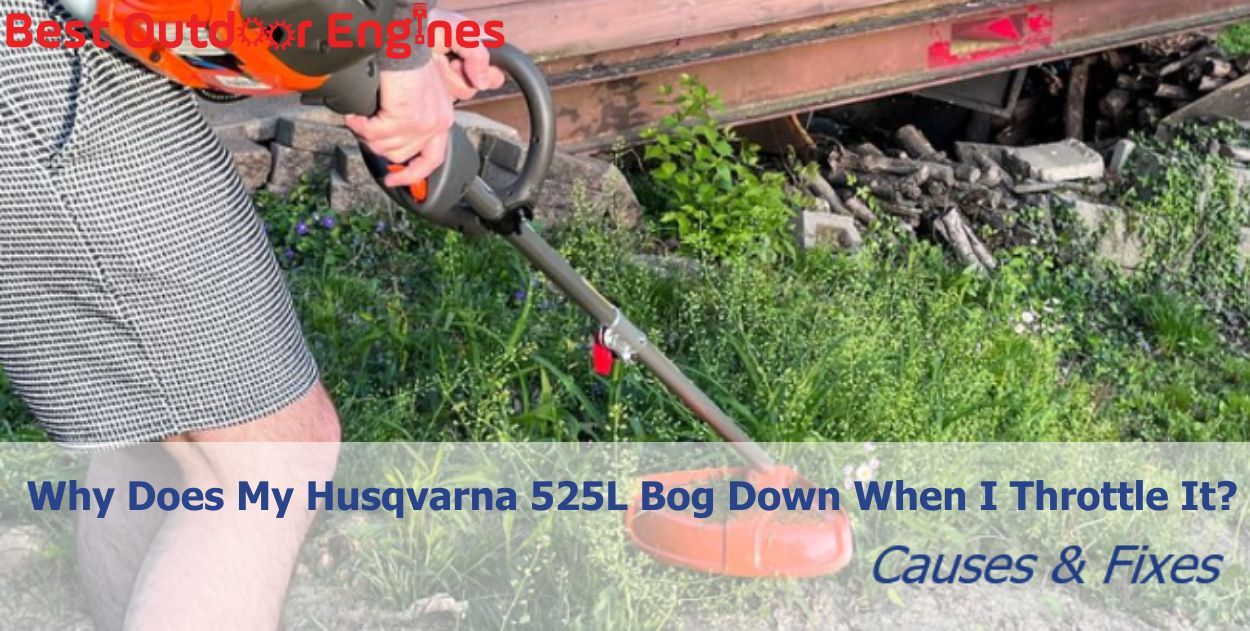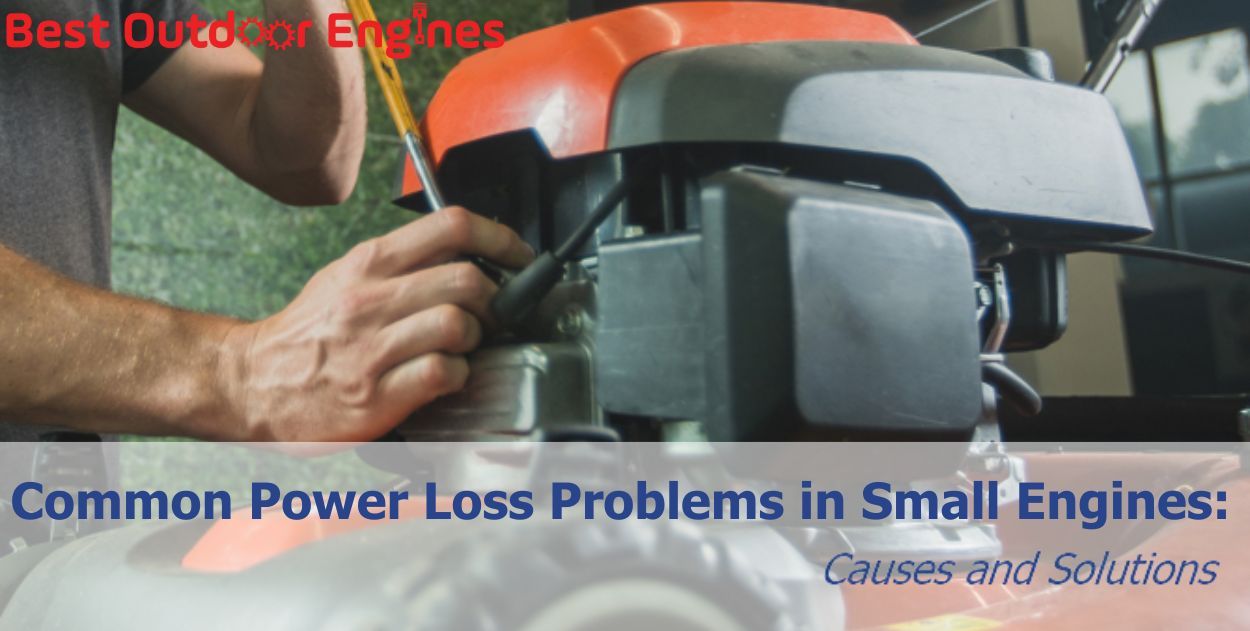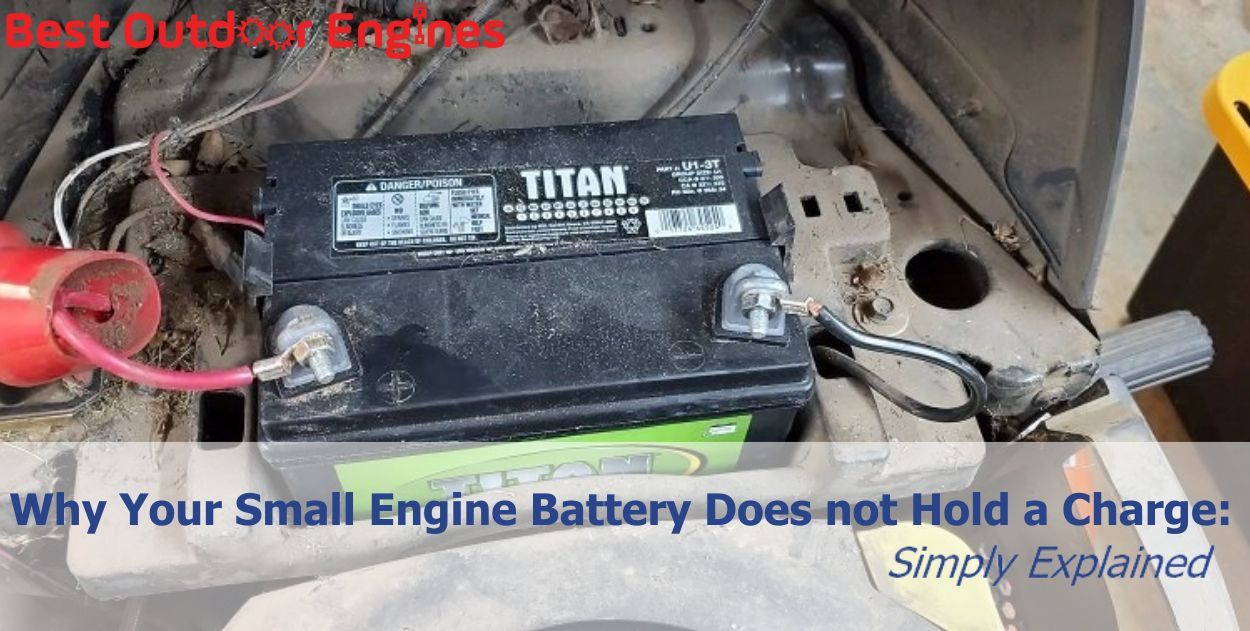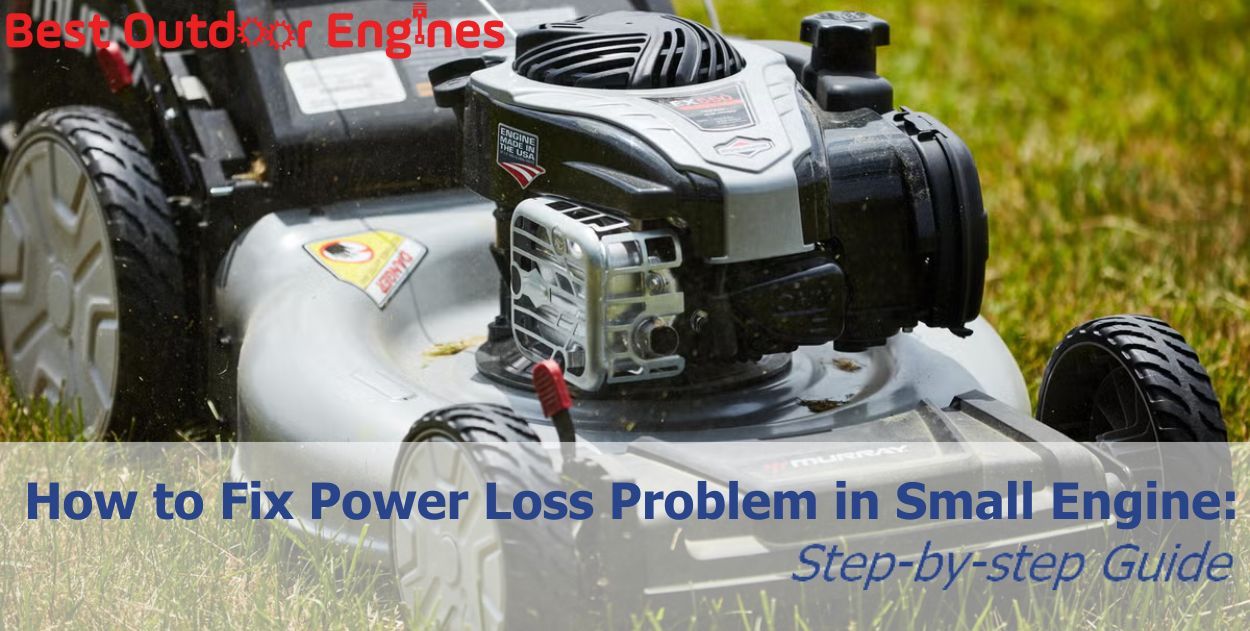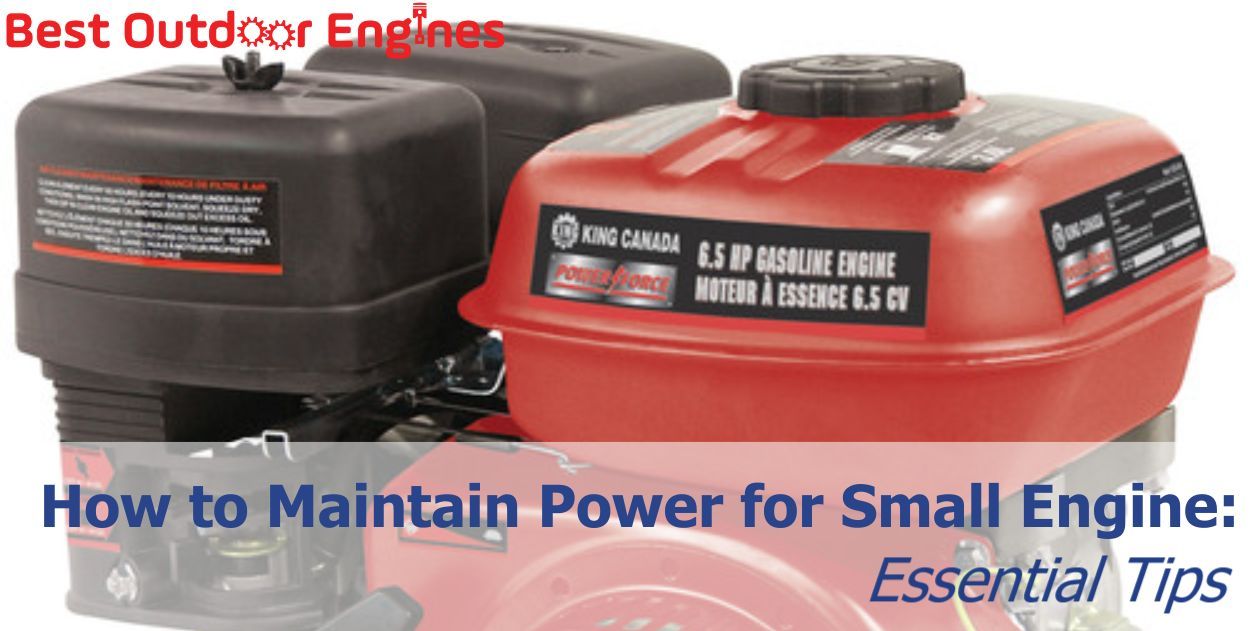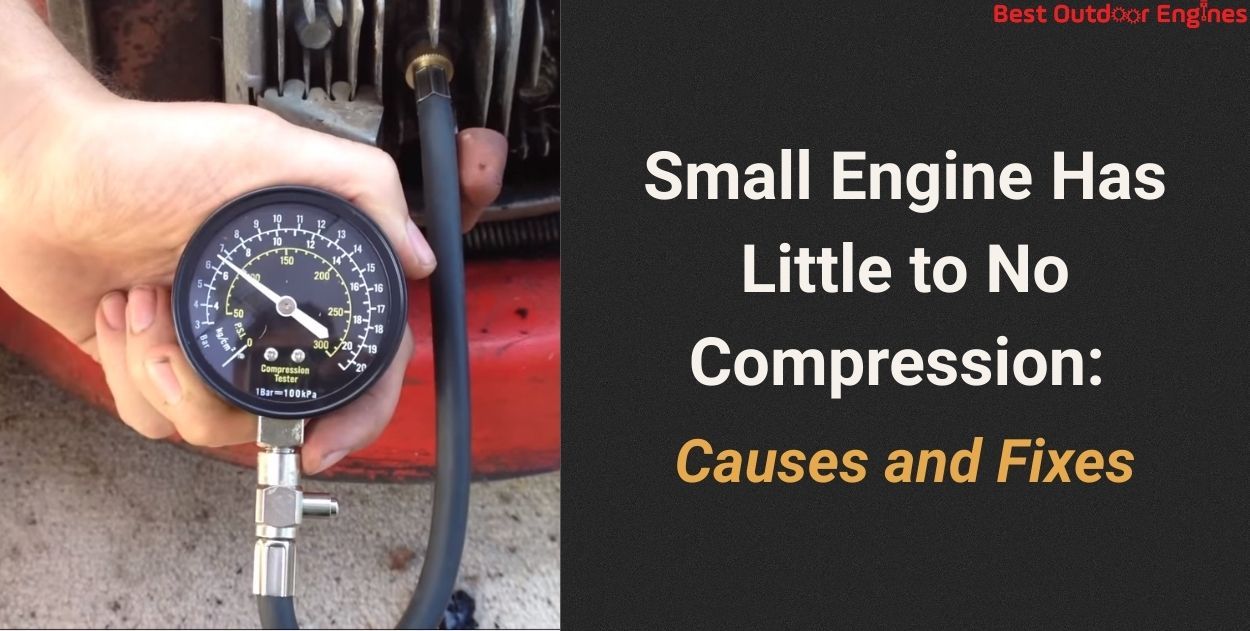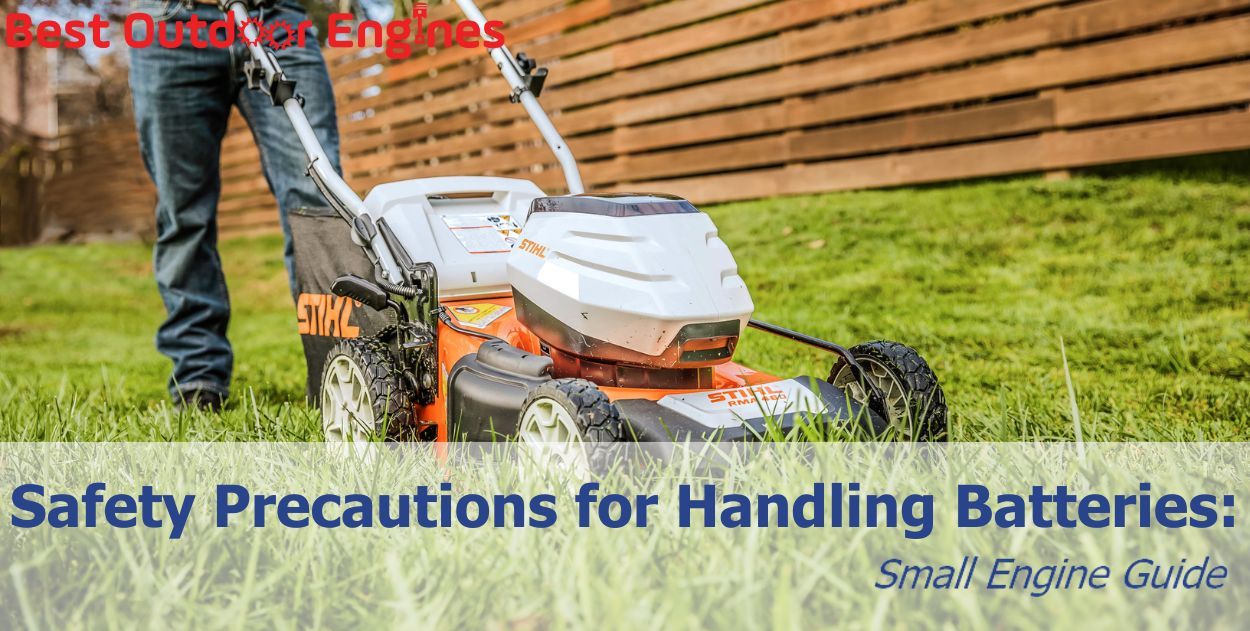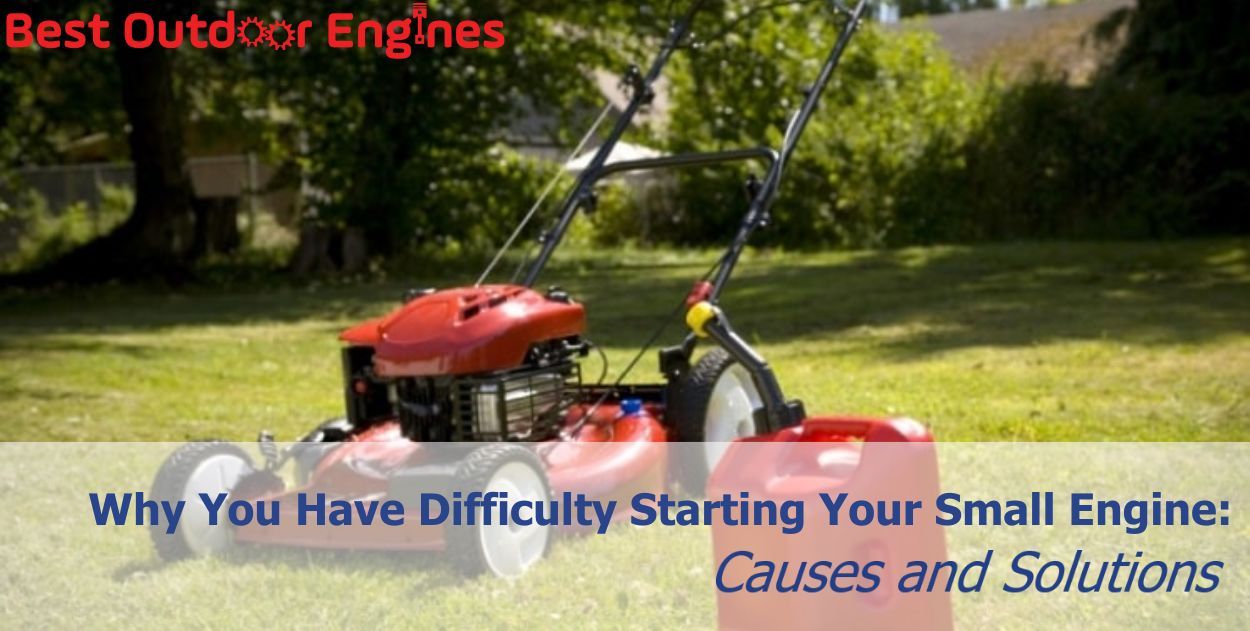What is Air Filters in Small Engines: Small Engine Guide
In small engines, such as those in lawn mowers, generators, or other power equipment, the air filter plays a vital role in ensuring efficient and smooth operation. We will give you knowledge about small engine air filter, its functions, types, and importance!

What is an Air Filter in a Small Engine?
An air filter in a small engine is a specifically designed component that serves as the engine’s first line of defense against airborne contaminants. Typically located near the engine’s intake system, it is usually a rectangular or cylindrical object encased in a plastic or metal housing. The filter itself is made from materials such as paper, foam, or a combination of both, engineered to effectively trap dirt and debris.
The structure of an air filter is tailored to provide a balance between filtration efficiency and airflow. Paper air filters, consisting of pleated, fibrous material, offer fine filtration and are commonly used for their effectiveness and simplicity. Foam filters, on the other hand, are known for their durability and are often used in dustier environments. They may be pre-oiled to trap smaller particles.
The design and material of an air filter are chosen based on the specific requirements of the engine and its typical operating conditions. This component is essential not just for the engine's health but also for its performance. A well-maintained air filter ensures that the engine breathes clean air, which is vital for efficient combustion and power generation.
In a small engine, the air filter is crucial for maintaining clean, uninterrupted airflow into the combustion chamber, where air mixes with fuel to generate power. As air enters the engine, it often carries various contaminants, including dust, pollen, and debris. The air filter acts as a barrier, capturing these impurities before they can enter the engine.
The process begins as air is drawn into the engine through the air intake. It then passes through the air filter, where the filtration material traps particles. This filtering media is usually designed with a large surface area to maximize the capture of contaminants while allowing air to pass through with minimal restriction.
Over time, the accumulated debris can clog the filter, hindering airflow and affecting engine performance. This underscores the importance of the air filter in protecting the engine from abrasive particles that can wear down internal components, leading to reduced efficiency and potentially costly repairs. By ensuring only clean air enters the engine, the air filter plays a vital role in prolonging the engine’s life and maintaining its performance.
The air filter in a small engine is paramount to the engine’s health and efficiency. Its primary role is to ensure that clean air, free of dust and debris, enters the engine for combustion. This is crucial because even small particles entering the engine can cause abrasion and wear to internal parts like pistons and cylinders, leading to decreased efficiency and potentially costly repairs.
A well-functioning air filter also significantly impacts the engine's fuel efficiency. Clean air is essential for the proper fuel-to-air ratio, a key factor in efficient combustion. When an air filter is clogged, it restricts airflow, causing the engine to consume more fuel to produce the same amount of power. This not only leads to higher operational costs but also increases emissions, impacting the environment.
Moreover, in equipment like lawn mowers and generators, which often operate in dusty and dirty environments, the air filter is the first line of defense in protecting the engine from harmful contaminants. Neglecting the air filter can lead to a decline in engine performance, reduced lifespan of the engine, and increased susceptibility to breakdowns. Hence, the air filter is an indispensable component, essential for maintaining the overall performance and longevity of small engines.
Maintaining your small engine's air filter is key to ensuring the engine runs efficiently and lasts longer. The maintenance process varies slightly depending on the type of filter your engine uses – paper or foam.
For paper filters, start by removing the filter and gently tapping it to remove loose dirt. Inspect it for tears or damage; if it's heavily soiled or damaged, it should be replaced. Avoid washing paper filters as water can damage them.
Foam filters can often be cleaned and reused. Remove the filter and wash it in a solution of warm water and mild detergent. Rinse thoroughly and allow it to dry completely. If your foam filter is oiled, reapply engine air filter oil evenly before reinstalling it. Over-oiling can hinder airflow, so ensure you apply it sparingly.
Regardless of type, regularly inspect the air filter – especially if the engine operates in dusty conditions. Most small engine air filters should be checked every 25 hours of operation and replaced annually as a general rule. However, always refer to your engine’s manual for specific maintenance recommendations. Regularly cleaning or replacing the air filter prevents airflow blockages and contaminants from entering the engine, safeguarding its efficiency and longevity.
The air filter is a small yet essential component of your small engine, playing a significant role in protecting the engine and ensuring efficient operation. Regular checks and maintenance of the air filter can prevent many engine problems, keeping your equipment running smoothly and effectively. Remember, a clean air filter is key to a healthy engine.
1. How often should I check or replace my small engine’s air filter?
This varies based on usage and environment, but generally, it should be checked every 25 hours of operation and replaced annually.
2. Can I clean and reuse an air filter?
Foam filters can often be cleaned and reused, but paper filters should be replaced when dirty.
3. Does operating in dusty conditions affect my air filter?
Yes, dusty or dirty environments can clog air filters more quickly, necessitating more frequent checks and replacements.
4. Is it harmful to run an engine without an air filter?
Running without an air filter can allow debris into the engine, potentially causing significant damage.
5. How do I know if my air filter needs replacing?
Signs include visible dirt accumulation, decreased engine performance, and higher fuel consumption.


